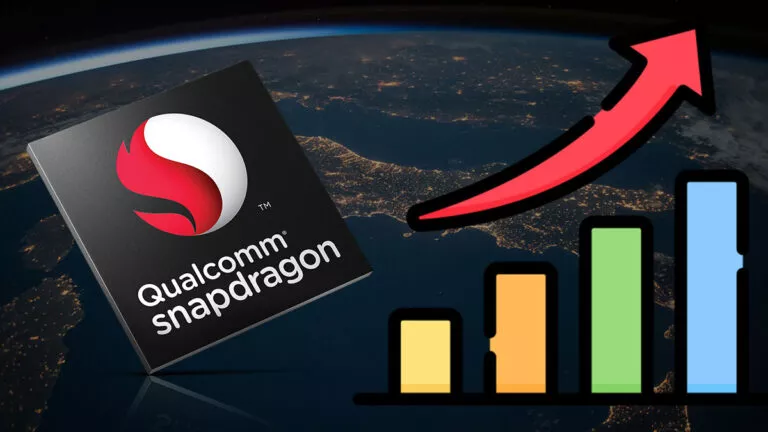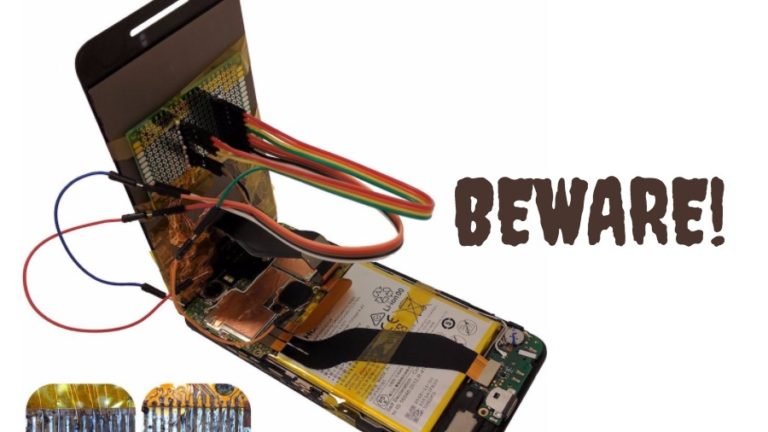Meta Loses More Of Its Past With Rebranded Payment System

Digital real estate is booming, and a user spending $450,000 to buy land in Snoop Dogg’s virtual world is proof that soon, the metaverse will take over and become the inevitable future of the internet.
Leading the way towards the completely digital world is Facebook CEO Mark Zuckerberg, who has announced multiple ambitious AI projects to fit his vision of the future of the internet.
Meta Pay
Recently, Zuckerberg announced that he is renaming Facebook Pay to Meta Pay. The functionality of the overall facility will remain the same. You can use it across Messenger, Instagram, WhatsApp, and Facebook to send money or contribute to charitable organizations; the only difference is the name.
You may wonder, if the working hasn’t changed, why rename it? This represents Meta’s first step in creating a digital wallet for the metaverse. Zuckerberg said he aims to create a metaverse wallet to let users securely manage how they pay, what they own, and their identities.
A digital future isn’t far away, although some may argue we are already in one, and with that, there will be many digital items we might want to create or buy (digital art, music, experiences, clothes, and more). According to Mark, it is essential to have proof of ownership, especially if you want to take these items across different services.
”Ideally, you should be able to sign into any metaverse experience, and everything you’ve bought should be right there,” he said.
Although the vision won’t become a reality anytime soon, it will bring great opportunities for creators. Zuckerberg added that the more places people can use their digital goods, the more they will value them, and this will also be a big market for creators.
Early stages
Meta’s head of fintech, Stephane Kasriel, said that currently, Meta is in the early stages of developing a single wallet experience. In terms of initial thinking, the company examines how you can prove your identity and carry it into different experiences in the metaverse.
Kasriel said that designing products while keeping the metaverse in mind will help facilitate innovation and deliver increased access before the metaverse becomes common.






